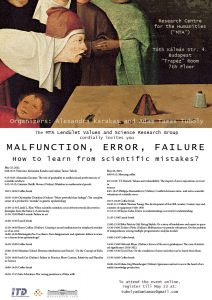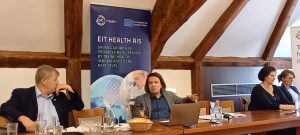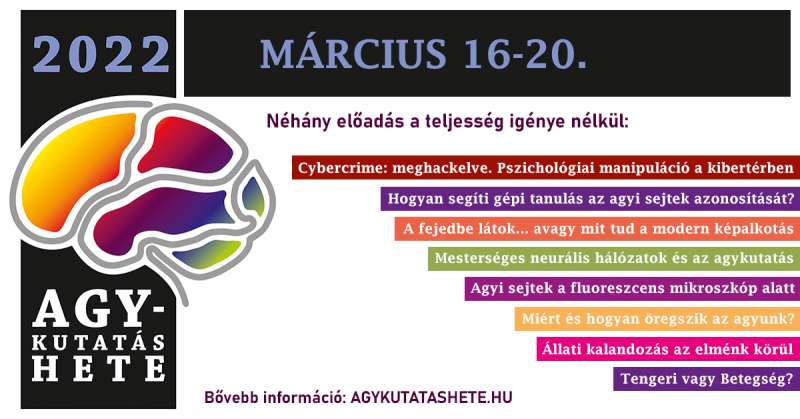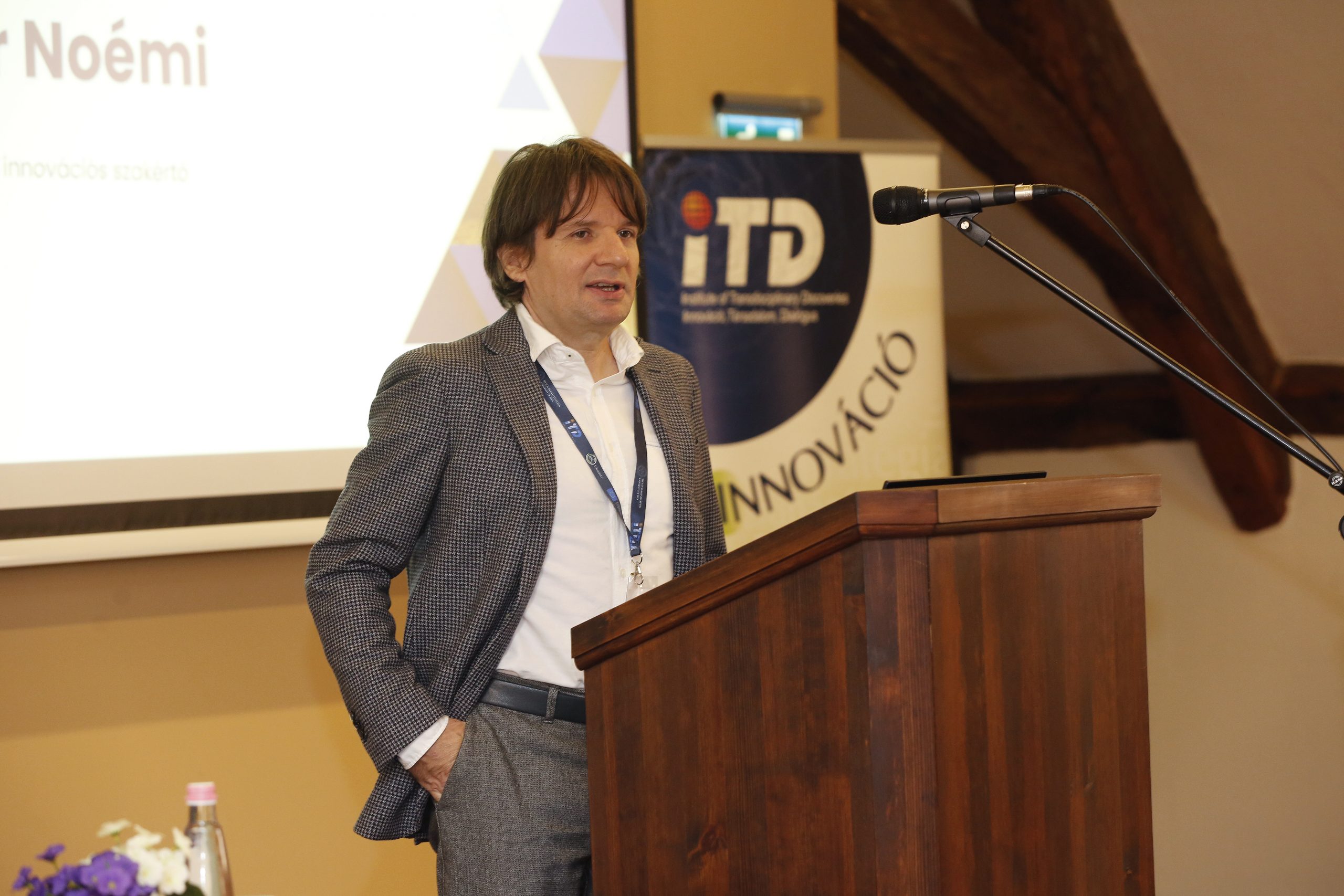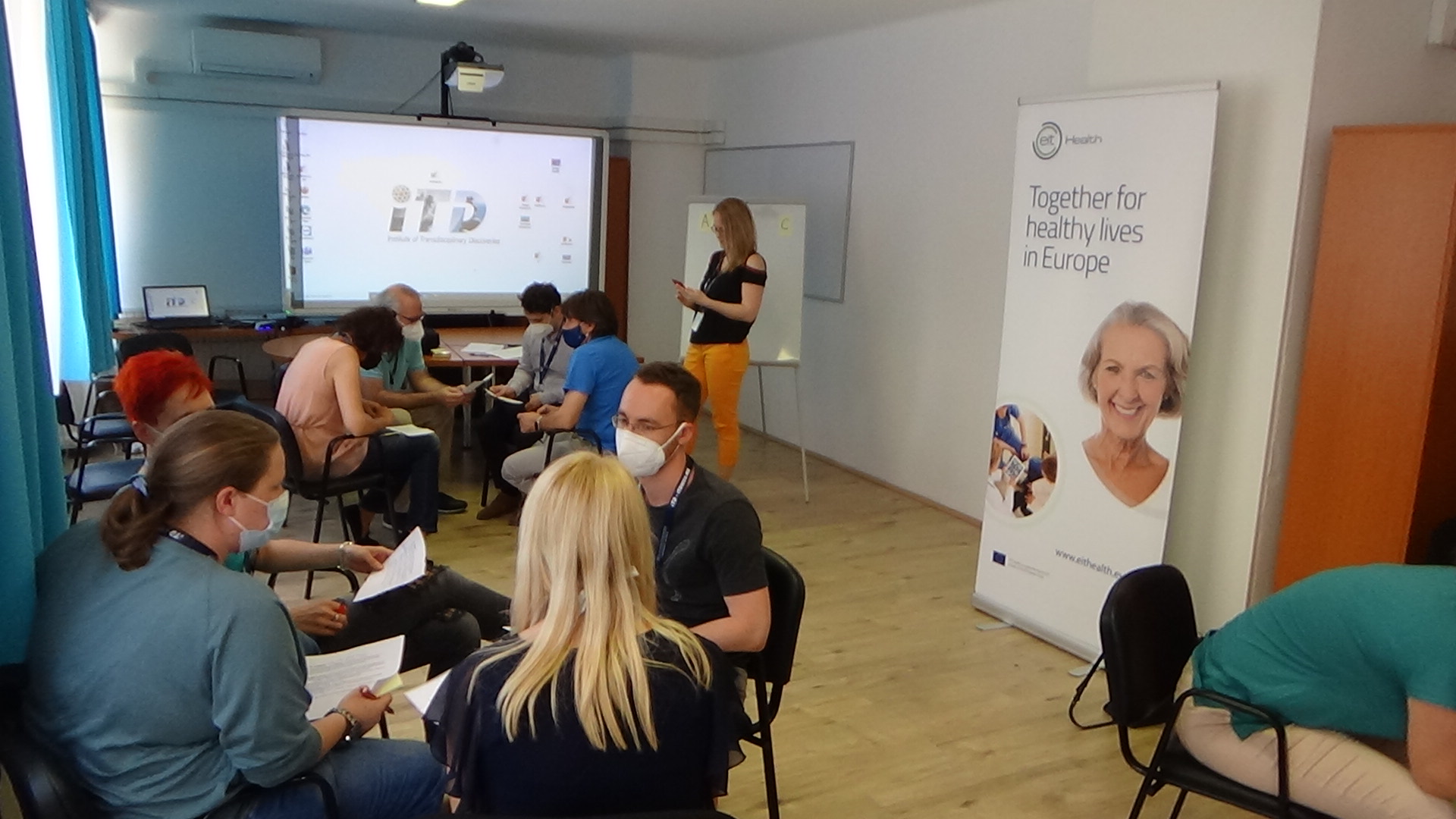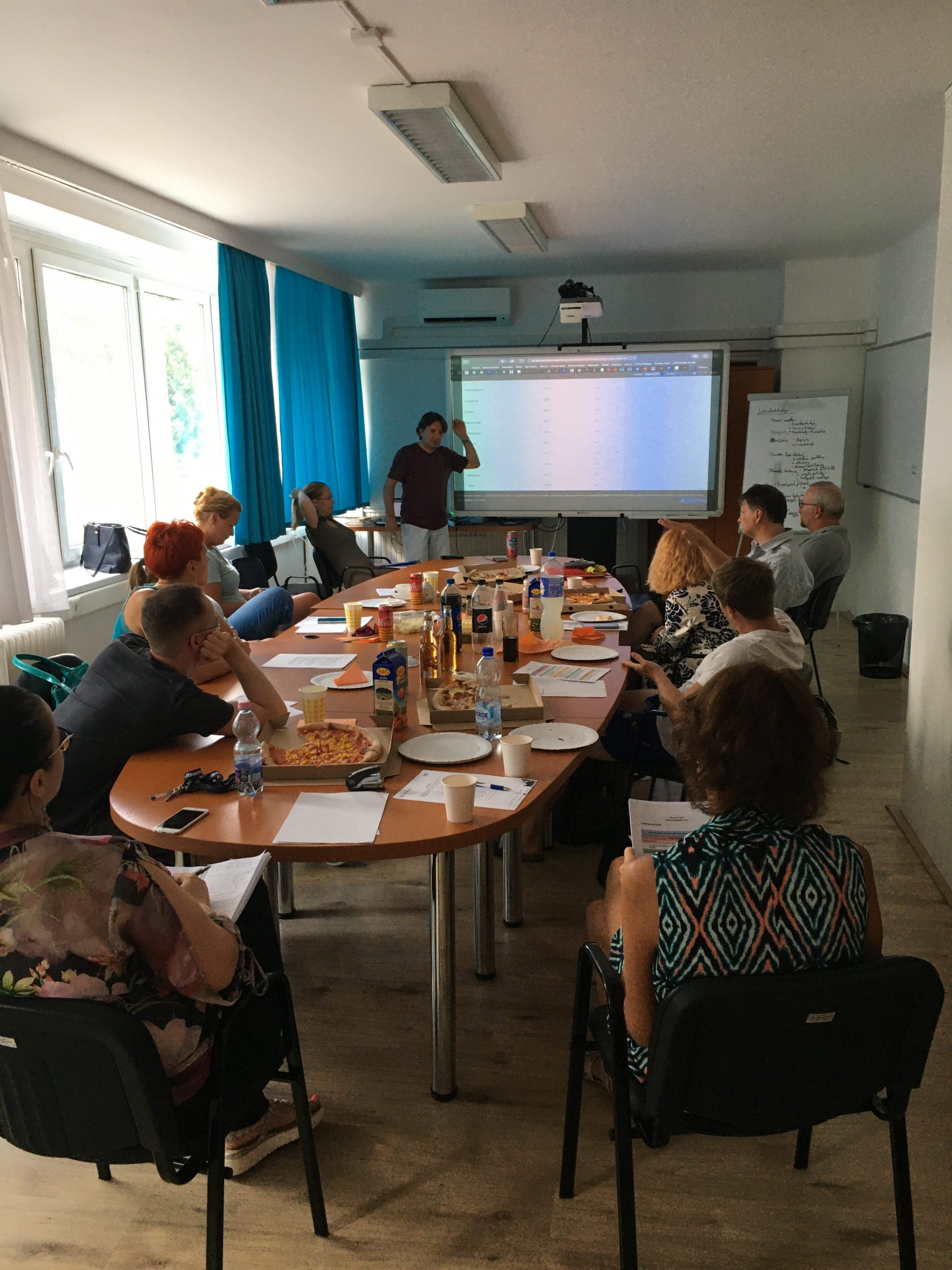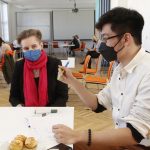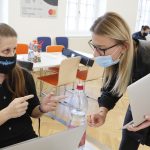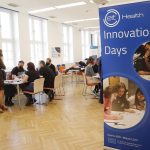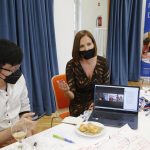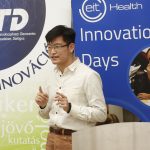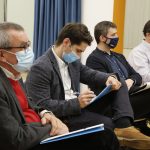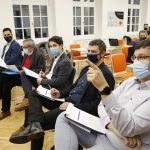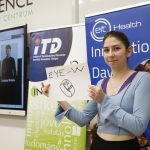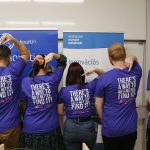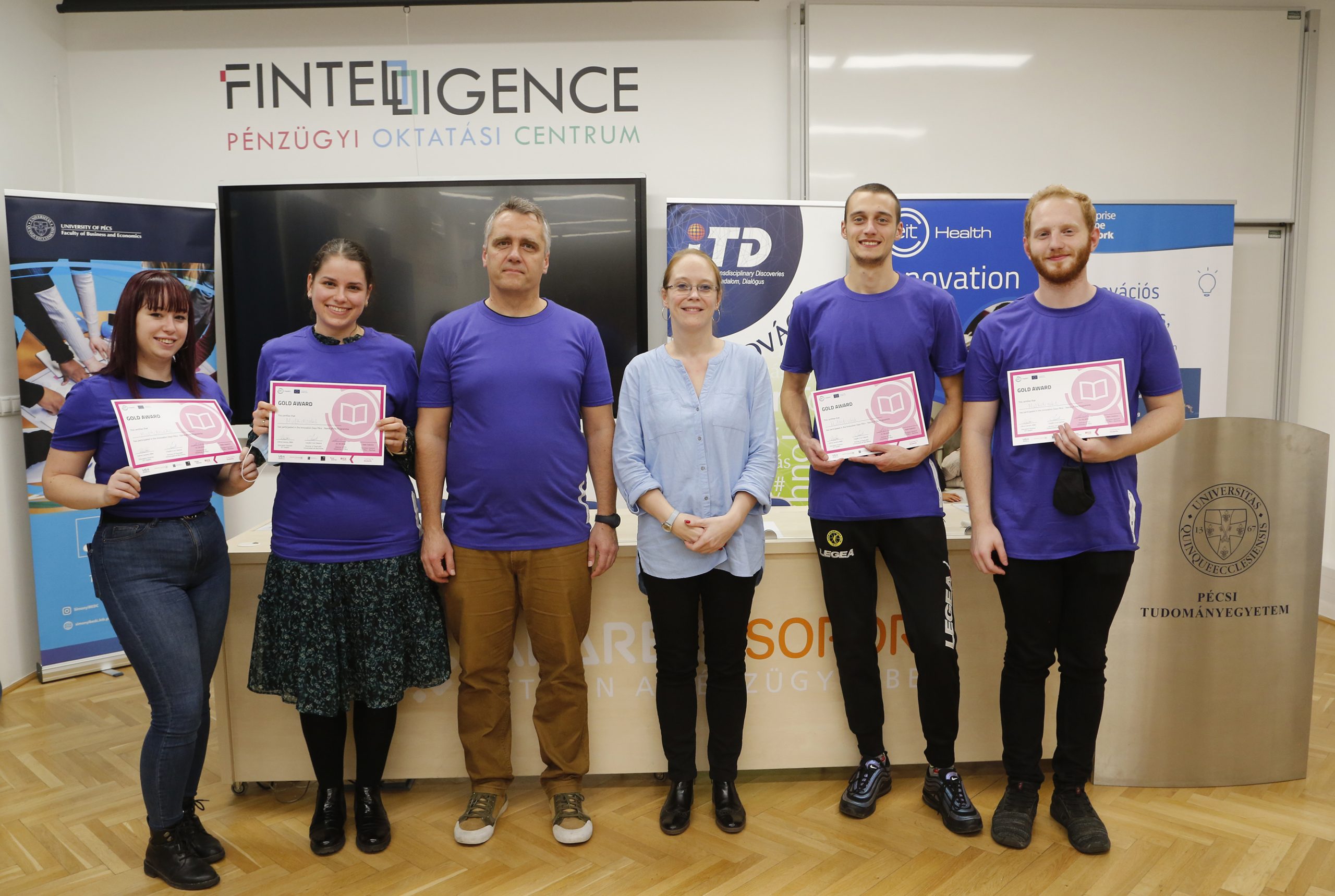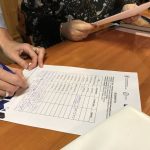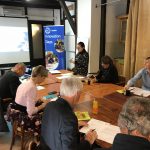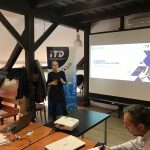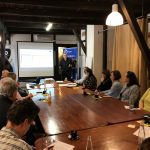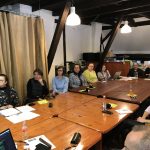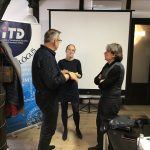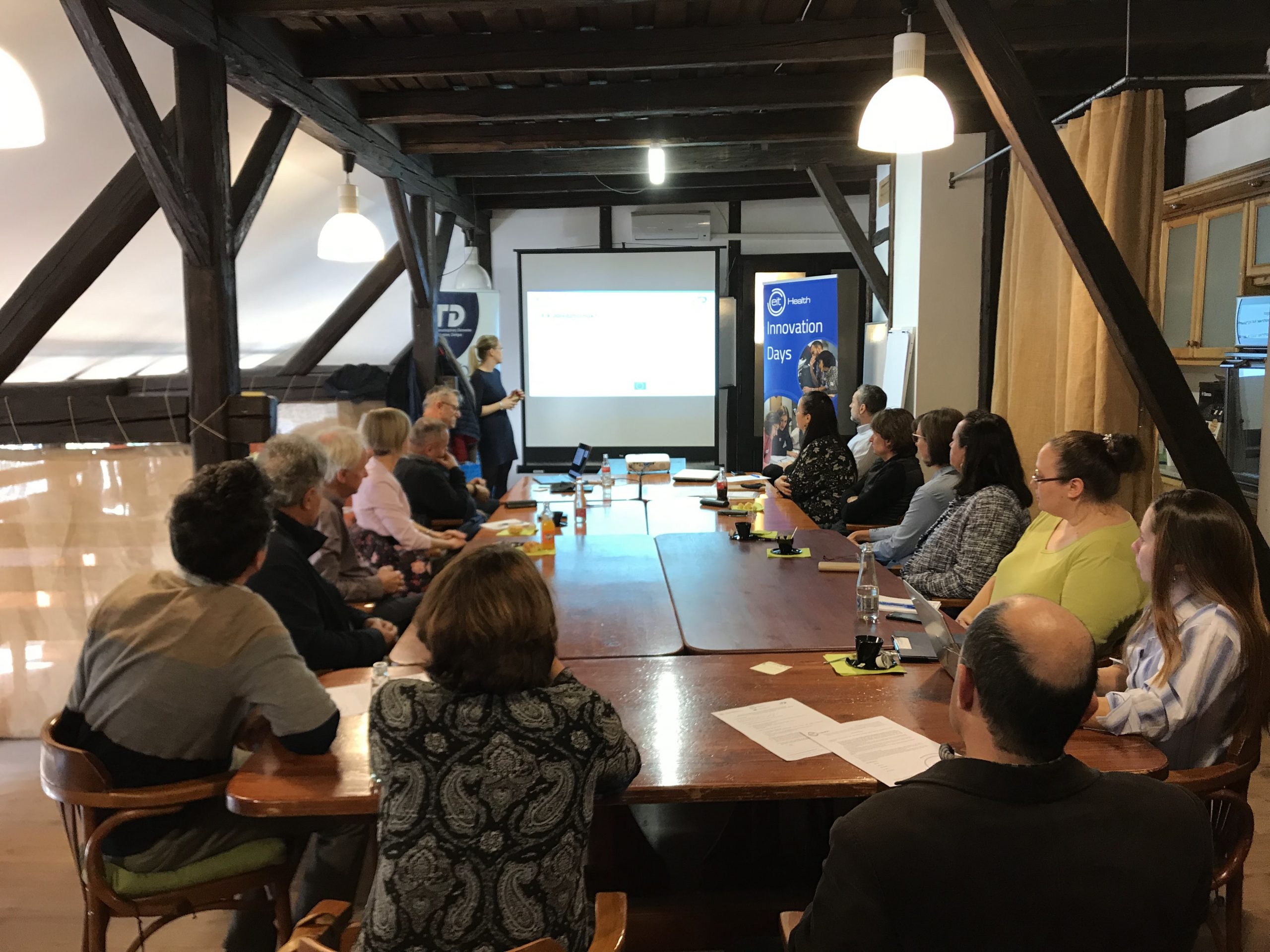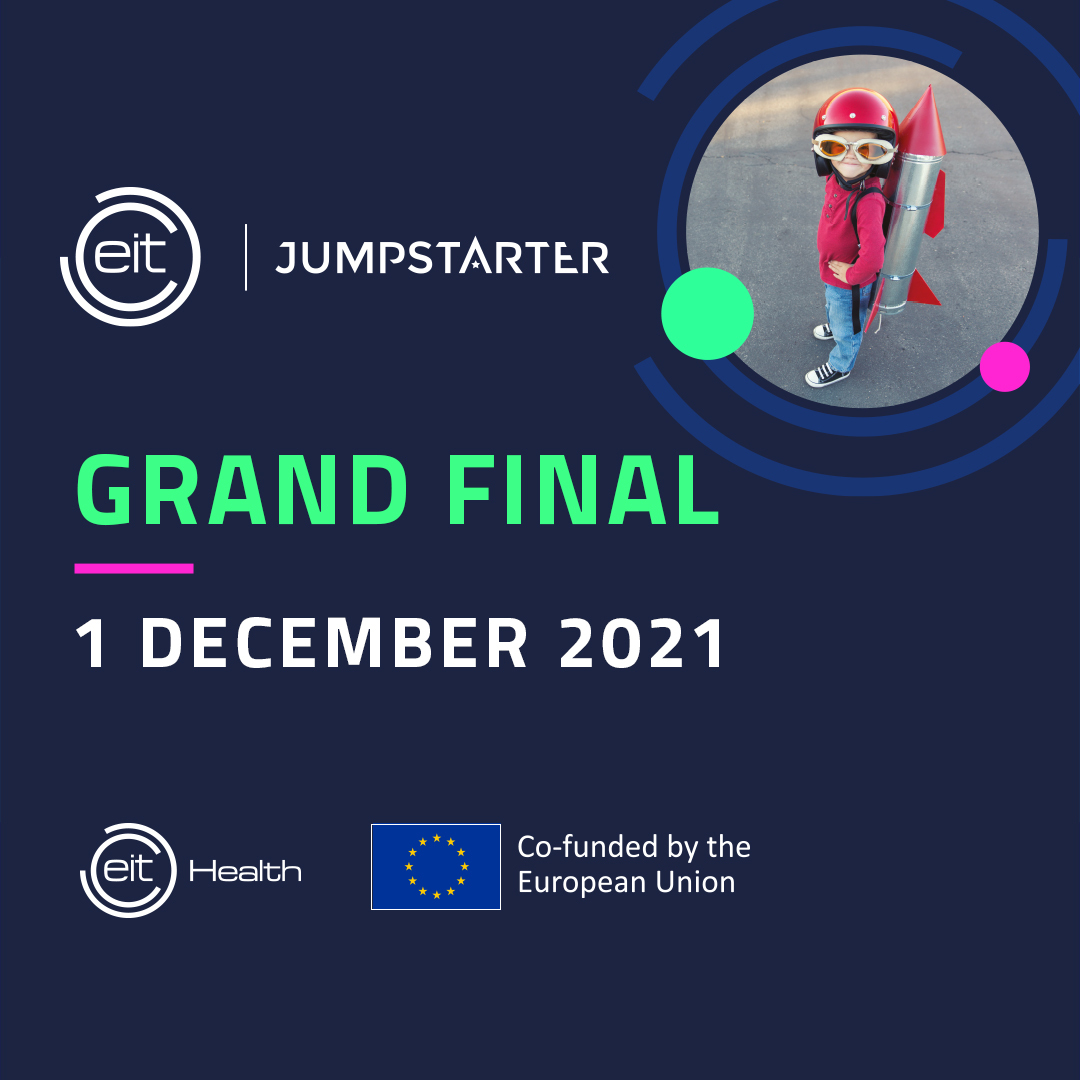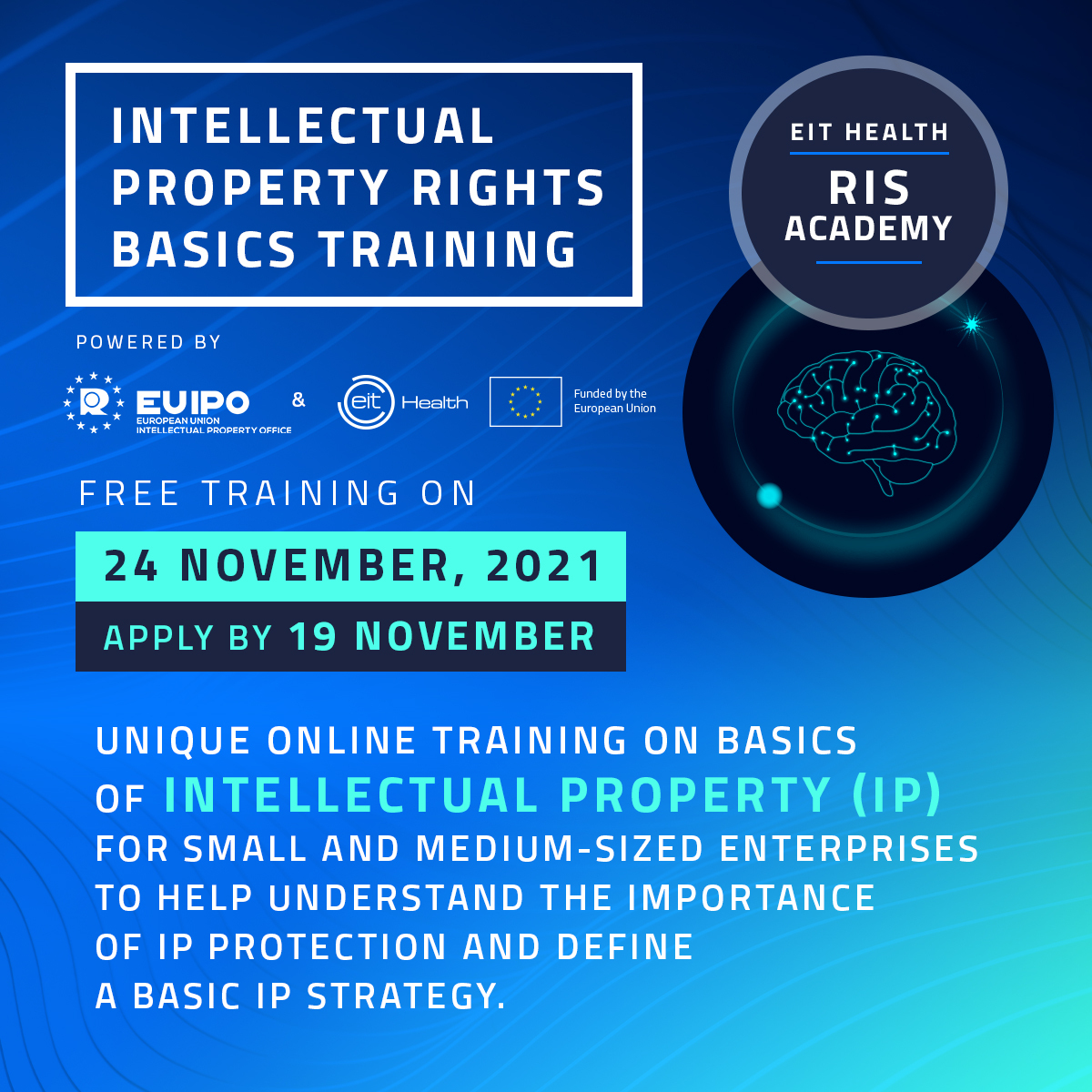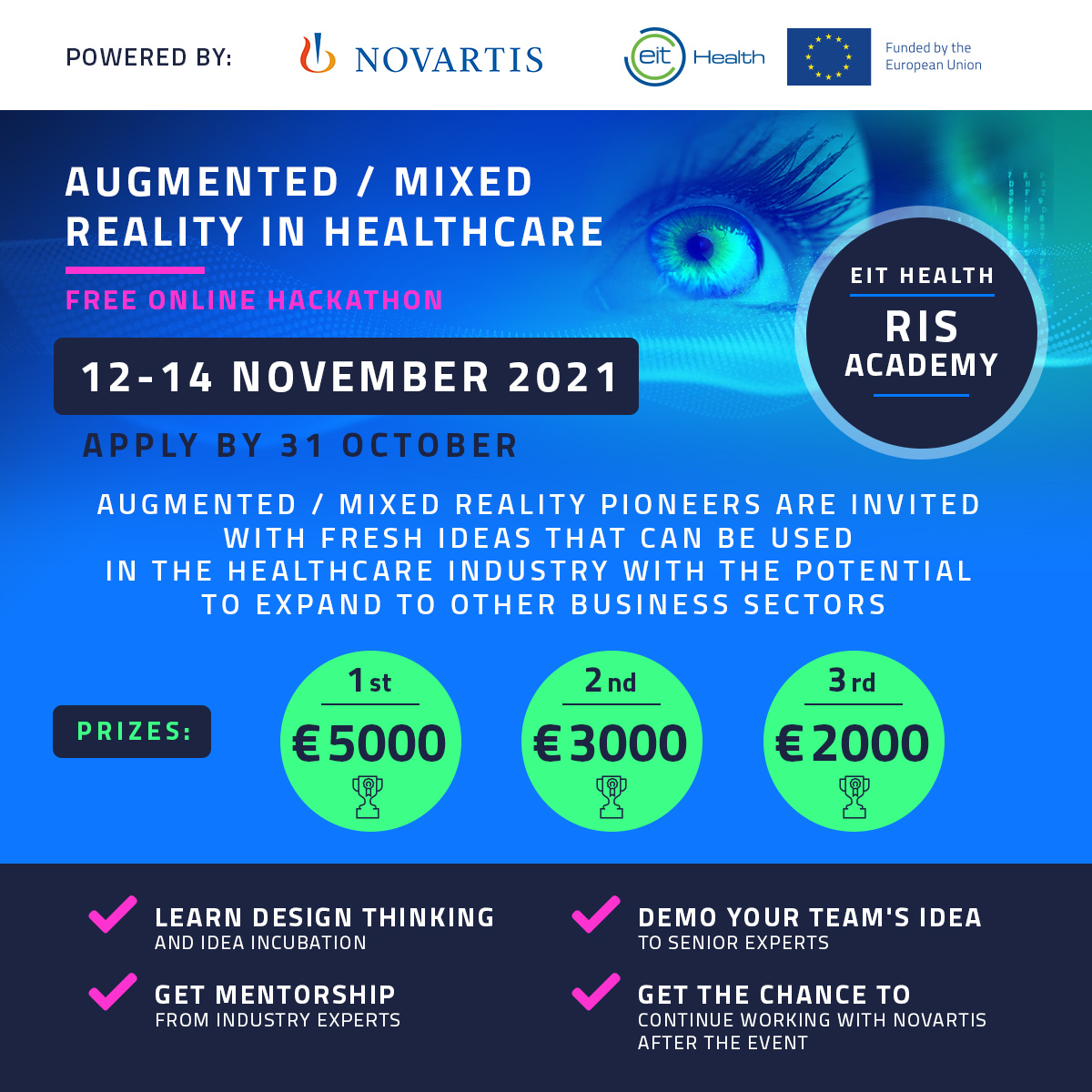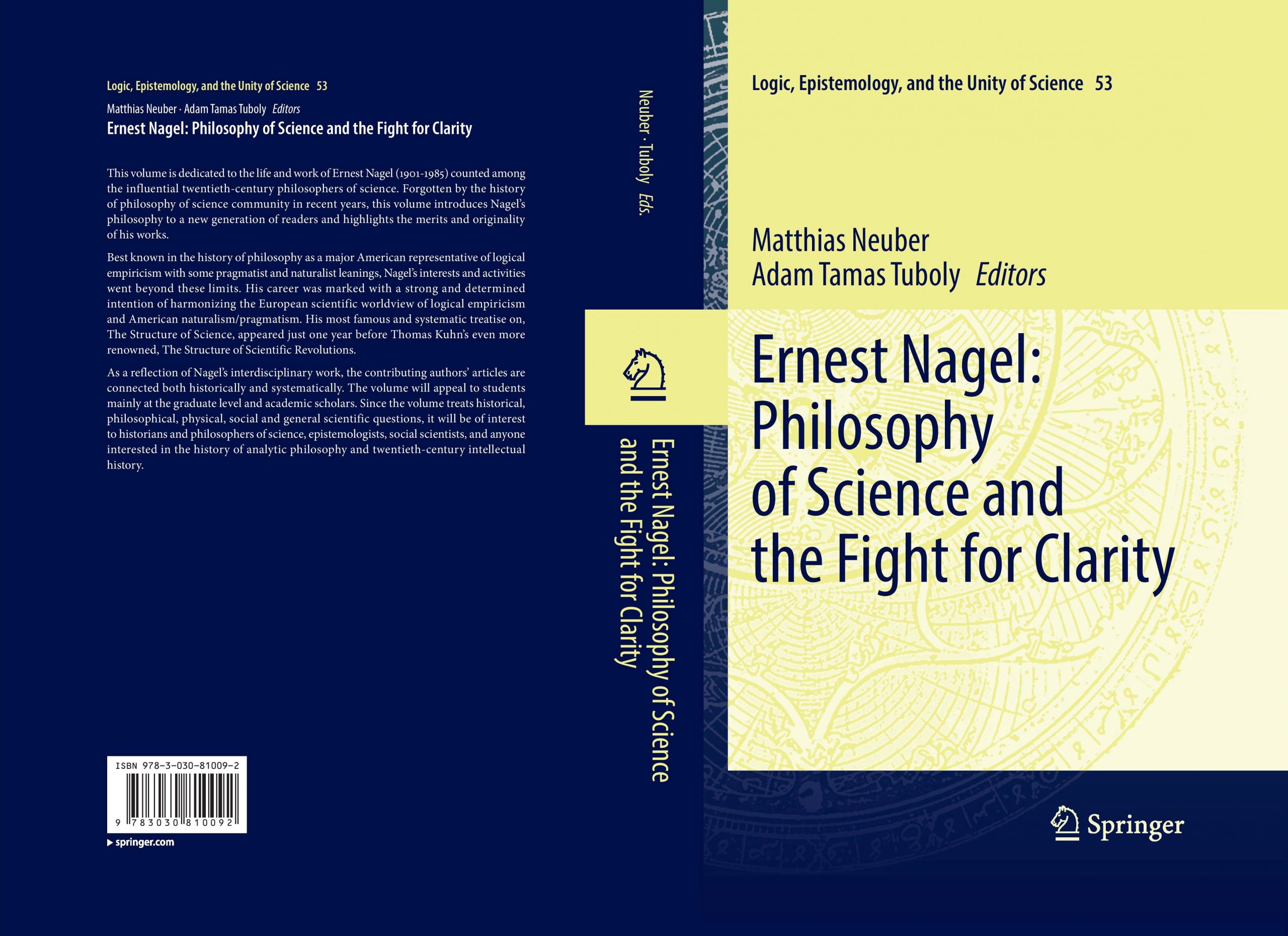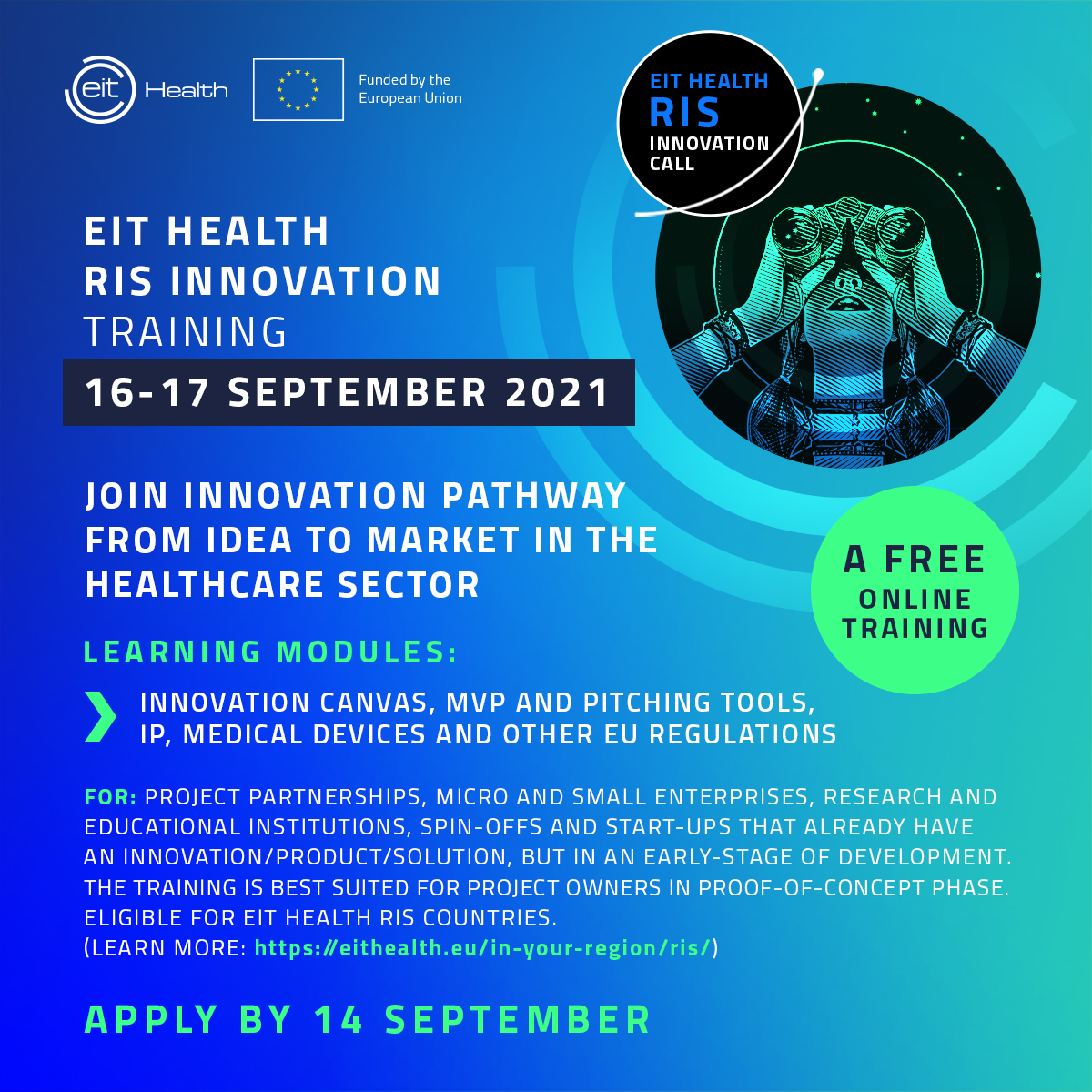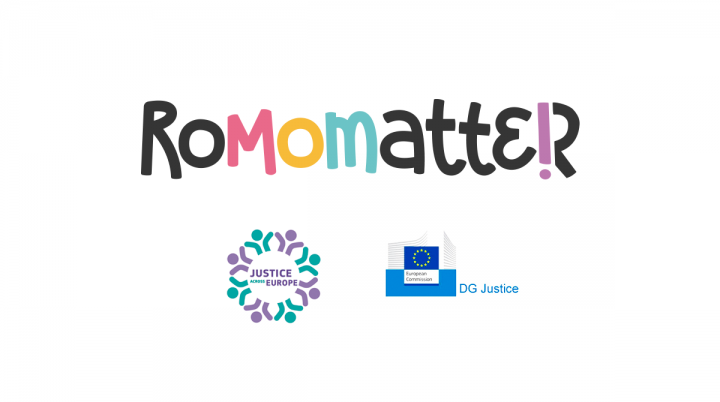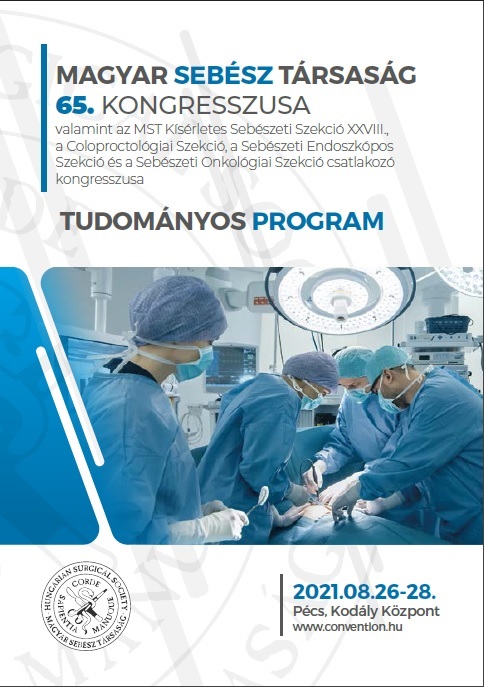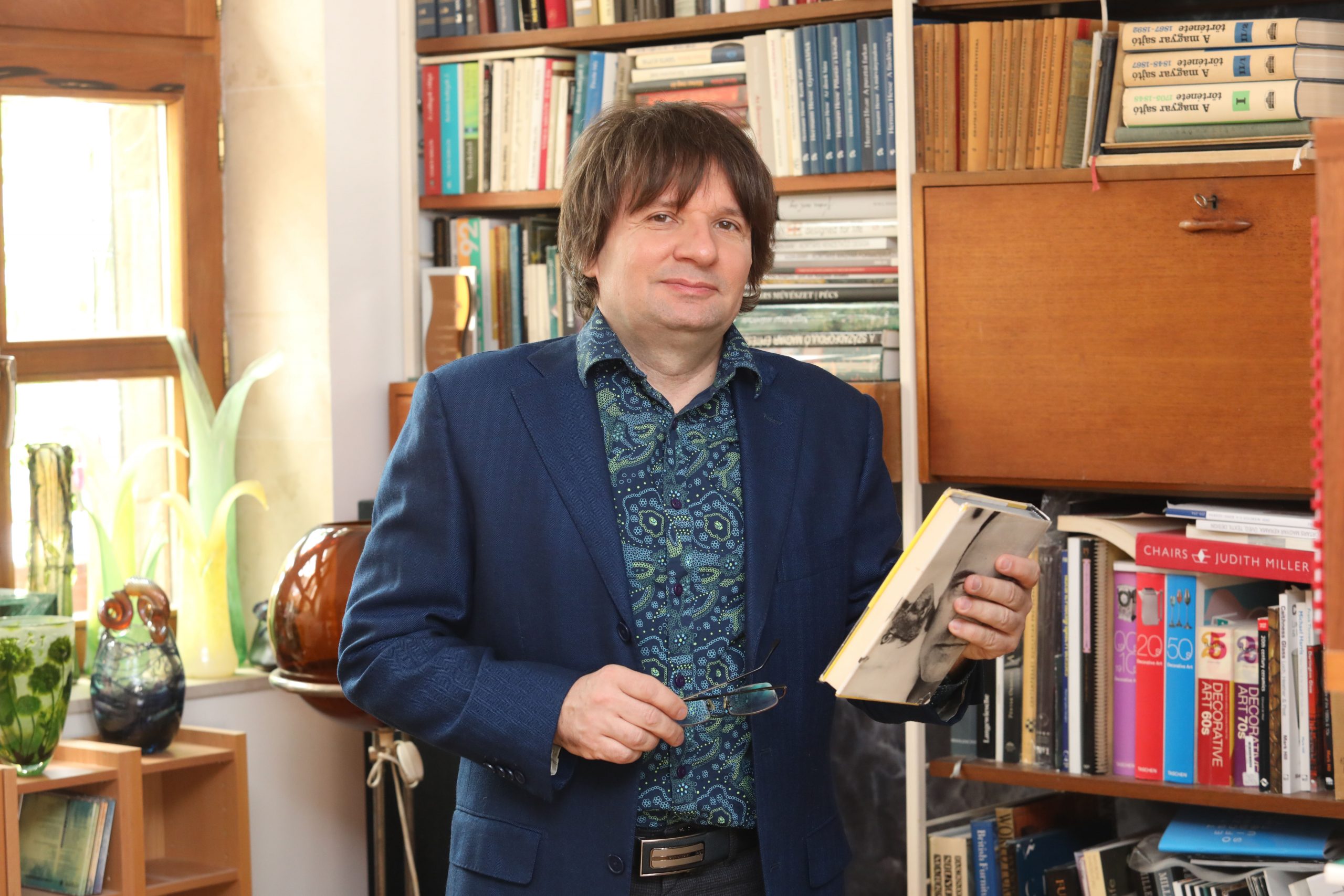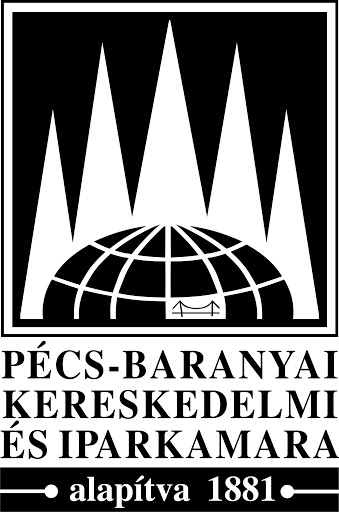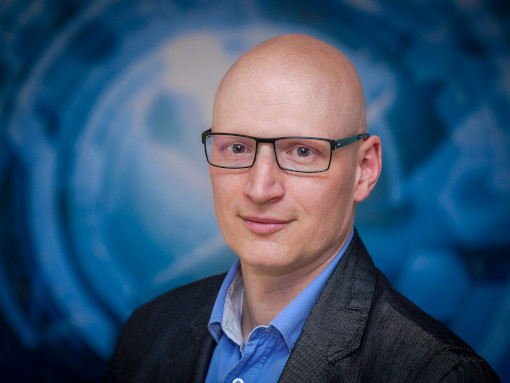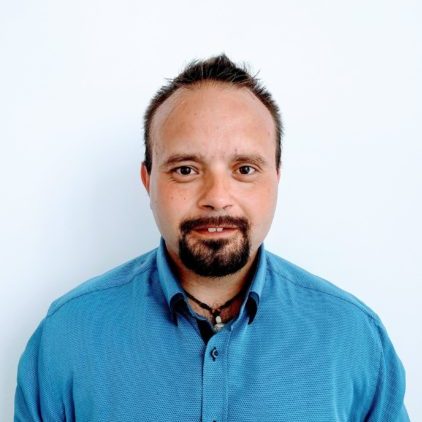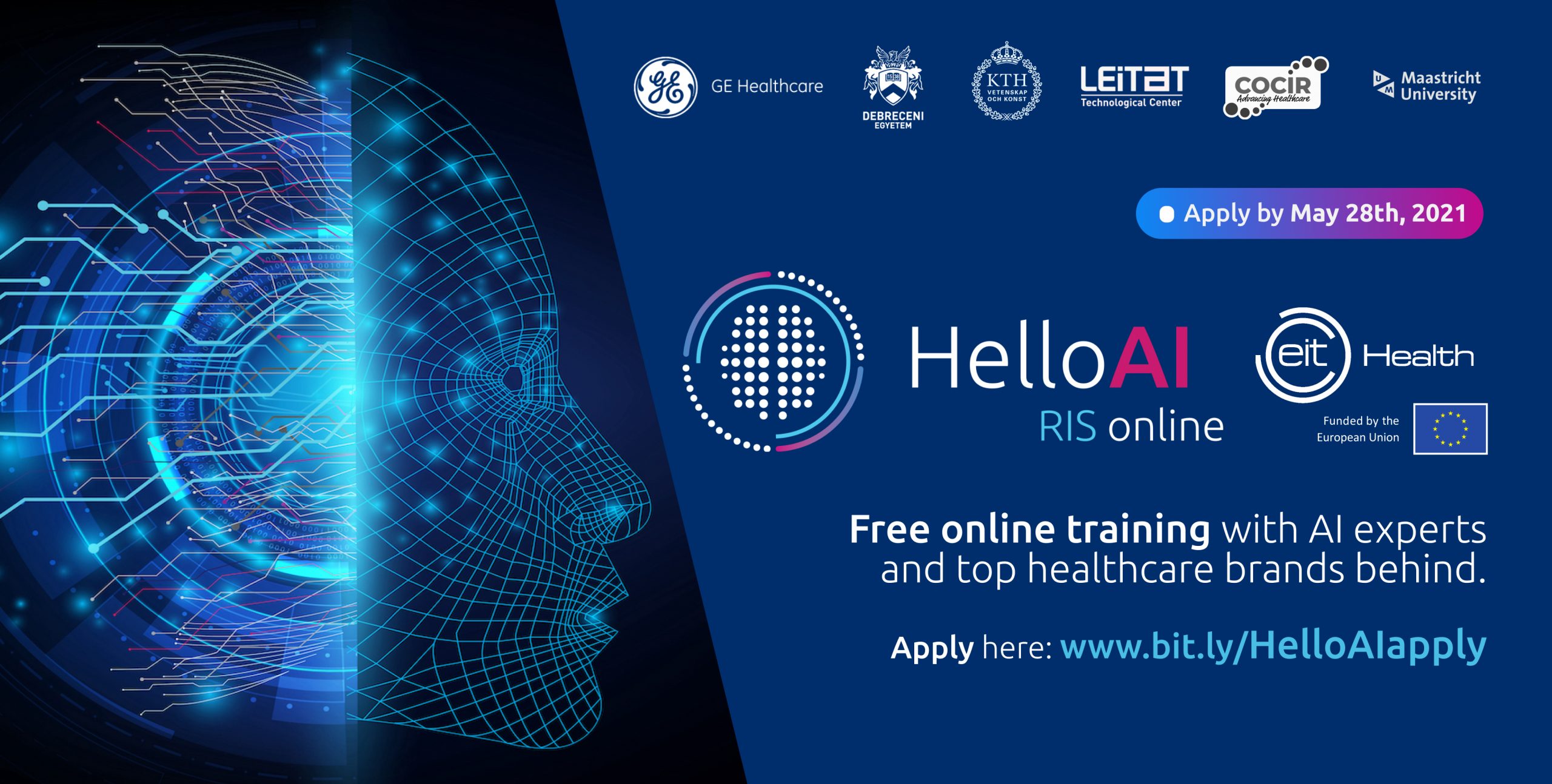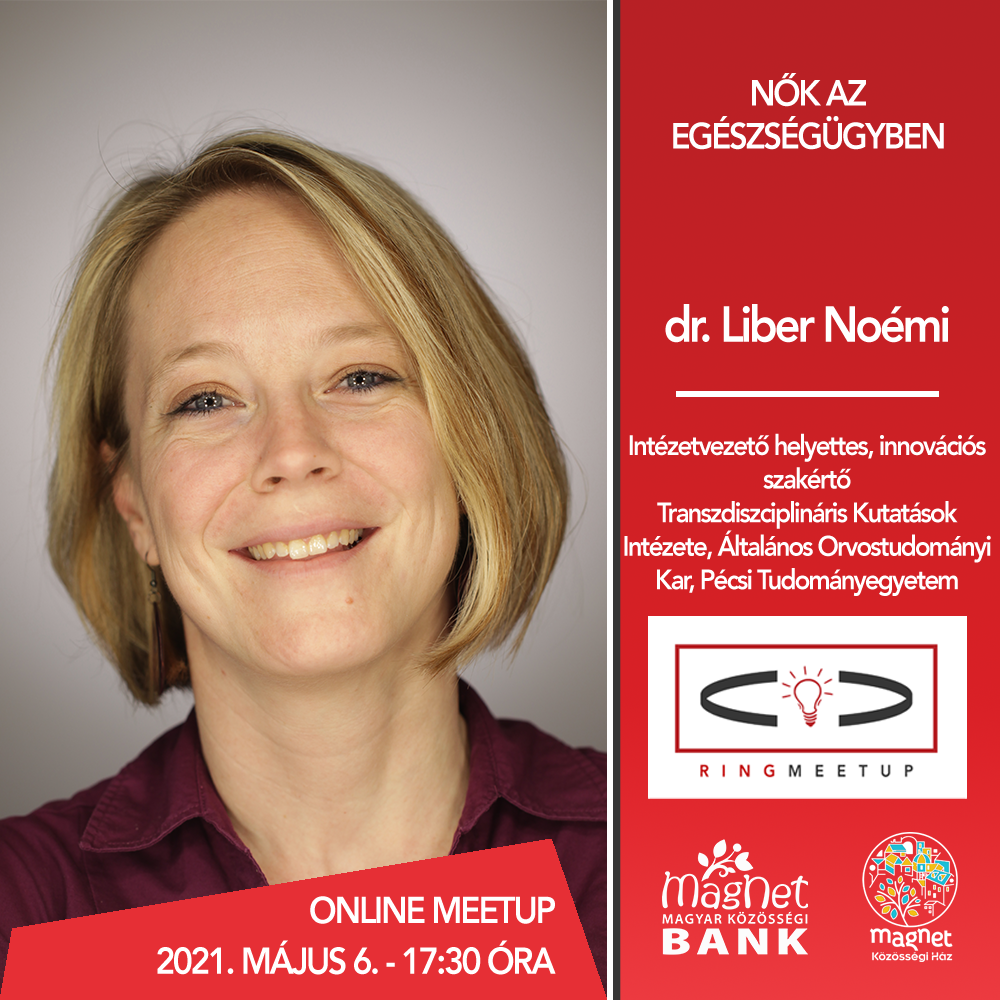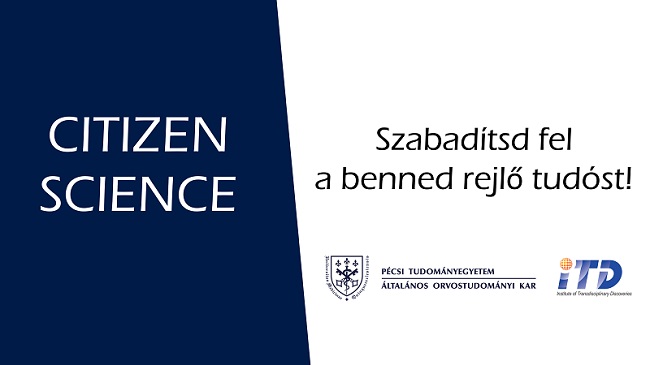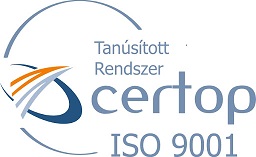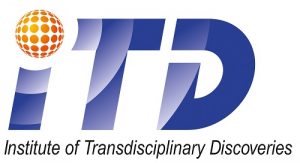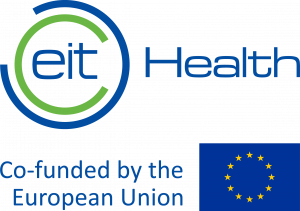Citizen Science in the Vision: Examples from Hungarian Incidences
The Final Conference event series of the RoMoMatter project partly being hosted by entities in the city of Pécs, Hungary, gifted the fields of Community Health and Community Psychology with newer methodological insights. The project was funded by the EU Grants under Rights, Equality and Citizenship 2014-2020 and also supported by the Justice Program of the European Union.
The planned final conference in Pécs at the Academy of Sciences hosted by the collaboration of the department of Operational Medicine-WHO Collaboration Center and HLMDI shifted to a hybrid series of events under Pre-Conference, In Conference and Post-Conference Days due to circumstances imposed by Corona virus pandemic.
The RoMoMatter project consortium led by CESPYD, the Department of Social Psychology of the University of Seville. The post-conference Coalition Planning and Coalition brought further attention to the important role of the Universities in the areas of Inclusion, Empowerment and Employability as Socio-Economic Determinants amongst the ethnic minorities and the vulnerable.
The conference has been able to attract a wide audience locally with munkaeropiac.org reporting close to 50,000 visitors starting with the pre-conference, conference and post-conference events promising a strong basis for the wide range of stakeholder involvement in the next rounds.
Citizen Science provides a growingly important area through which the capacities of the local communities are embraced. This field can be the subject of future inquiry by the coalition members According to Paleco et.al.” inclusiveness (in terms of participation) is a core part of citizen science and should be examined along different axes such as gender, ethnicity, socio-economic and sociocultural status, location, and educational level, alongside how these axes intersect to define hierarchies and power relations”. Some linkages were justified early on in the Coalition Days:
(1) The problems of Roma Girls accepting motherhood within deprived and impoverished families between the ages of 10-14 should be addressed within the context of capacity building for decent employment at the level of families and communities;
(2) The incidence of Hungarian families proves that the relationship and dynamics with non-Roma community members has an influence on questions such as early motherhood. Access to decent jobs as well as job creation is an important indicator of empowerment especially in rural Hungary;
(3) Citizen Science involving the Rural Communities with the collaboration of the university which enjoys a background in the city of Pécs may provide a model that can be examined in this field in the future joint calls of the Coalition. Such a project will also be mutually beneficial for enriching the Science of Citizen Science in shifting perceptions, processes and methods of intervention for Citizen Empowerment, Inclusion and the Equitable and Just participation of the vulnerable groups.
The Coalition Days aimed at bringing together the existing RoMoMatter Consortia with a wider network of field affiliated experts, community representatives and authorities at the local, regional and international levels featuring amongst all, the local Roma Community representatives and experts from the Baranya region in order to initiate new rounds of joint grant applications and collaboration starting late September and early October 2021 based on identified EU grants.
Non-RoMoMatter Transdisciplinary Academicians, NGO leaders, Funding experts, local and international Authorities from Bostwana, The Netherlands Amsterdam and Arnhem, Snohomish Seattle, Rural Ohio and Cleveland of the US, and Emmerich Germany participated in the Coalition Planning and Coalition day events.
The growing importance of the field of Citizen Science taking a bottom approach for empowering citizen through engaging citizens was presented by Prof. Dr. Attila Sik the Director of the Institute of Transdisciplinary Discoveries based at the Medical School. The citizen mentoring pilot program and the initial outcomes were presented. The project’s implications for the Coalition’s future rounds was seen important in terms empowering through recognizing citizen’s ideation and innovation capacities by the academician in order to create inclusive and empowered local ecosystems in a co-creative manner serving well-being and sustainability. The participation of the Institute of Transdisciplinary Discoveries as a part of the coalition was also a point of celebration.
The involvement of students in future calls were proposed as one point of attention in the co-creative process.
Dr. Timothy Boersamle from the Center for International Business Research (CIBR) of the International School of Business of the HAN University based in Arnhem the Netherlands proposed a session on the features of the Inclusive Participatory Action Research method adopted by RoMoMatter especially in combination with Photo voice. The model can be used in different contexts by the coalition, namely within context of Marginalized Community Health in the Netherlands. Co-creation across levels of educations, Co-Evaluation side by side gaps in literacy will receive specific attention.
The final panel of the Coalition Day reflected once again the priority of „Access to Education as a primary determinant of empowerment, inclusion, integration, justice and social participation amongst the Roma community”. The concept of embracing „The Catalytic Transdisciplinary Research for Development Methodology” for Communities of Practice focusing on Inclusion-Integration-Empowerment were included. The Sustainability Goals (SDGs 2030) and the Quintuple Helix Governance being sub-themes
Representatives of the Mayor of Sellye Rural Baranya hosting the Roma communities and the participants of the Ohio College of Health Sciences led integration program in Ormánság, rural Baranya expressed the wider participation of the Mayors in the Coalition.
Led by Assistant Dean Dr. Anca Minescu of the Limerick University The Coalition Day on June 29th, 2021 ended with the joint ratification regarding the establishment of a transdisciplinary and trans-sectoral sub-platform under the existing FEAMHP platform the (First European Migration Health Platform). FEAMHP has embraced the directives laid down by the MERH Congress (Minority, Ethnicity, Race and Health) as well the SDGs 2030 goals for building trans-sectoral and transdisciplinary partnerships .
Paleco et.al (2021) https://link.springer.com/chapter/10.1007/978-3-030-58278-4_14
RoMoMatter https://romomatter.org/
2021.07.03.
